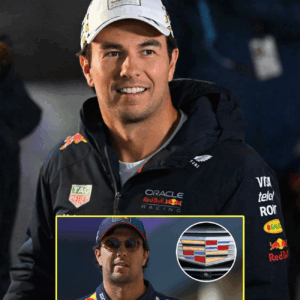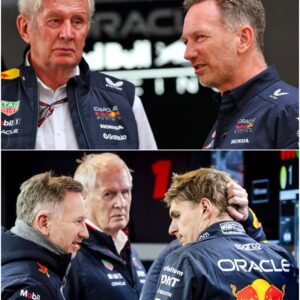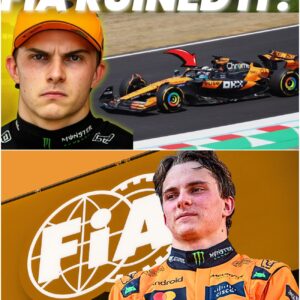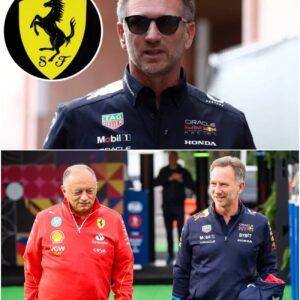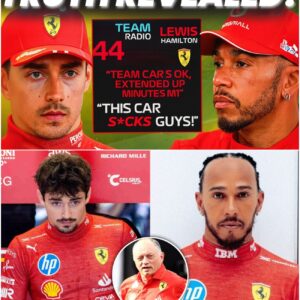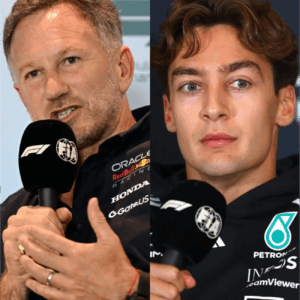The Beatles Are Still Charting the Future of Pop. It Looks Bleak.
Their latest song points toward a future where no golden goose need ever stop laying.

Earlier this month, alongside the arrival of a new Beatles single called “Now and Then,” there also came a 12 minute and 24 second promotional film — exactly three times as long as the song itself — explaining the project. Why so long a preface? Part of it was the solemnity of the occasion: This was, the film’s title card proclaimed, “the last Beatles song.” But there was another purpose, too, one that was uncomfortably hard to miss.
“Now and Then” requires not just explanation but also, awkwardly, justification. The song was originally a demo recorded by John Lennon in his New York apartment in the late 1970s, well after the Beatles broke up. In the 1990s, it was among the recordings that Yoko Ono provided to Paul McCartney, George Harrison and Ringo Starr as candidates for being polished up into fully arranged songs. Two of those — “Free as a Bird” and “Real Love” — were released in the mid-1990s, as part of the “Anthology” series of TV documentaries, compilation albums and a book. But “Now and Then” was abandoned, in part because of technical difficulties in separating Lennon’s vocals from the murky piano on the same audio track: This was the audio equivalent of a scribbled note to self, not a usable studio recording. Decades later, though, in the course of making the 2021 documentary “Get Back,” the director Peter Jackson’s production company developed a cutting-edge machine-learning application that could be trained to tease apart components of recordings. Suddenly it was possible to isolate individual Beatles’ voices from garbled footage of them in studios and rehearsal halls as they conceived and recorded the album “Let It Be.” Applied to “Now and Then,” this new technology set Lennon’s singing free.
The moment when the promotional video evokes this jailbreak — playing Lennon’s isolated voice over footage that juxtaposes his face with an empty studio — is admittedly chills-inducing. The video is full of similar juxtapositions. We see the astonishingly well-preserved Paul McCartney of 2023, marveling at the gifts of technology; then we see him in the ’90s, goofing around with a still-alive George Harrison; then the bearded family man of the late ’60s, then the fresh-faced Liverpudlian lad suddenly catapulted to stardom. Time collapses: Beatles past and present, “now” and “then,” come together, Lennon’s voice from the ’70s layering with Harrison’s contributions from the ’90s “Anthology” sessions, McCartney and Starr’s more recent efforts, even scraps of wordless harmony singing borrowed from ’60s recording sessions and tracks like “Eleanor Rigby” and “Because.”
It’s so moving that it took me a few rewatches, over a few days, to start asking the obvious questions. Centrally: Does it really make sense to use a song originally written by Lennon alone, with no known intention of ever bringing it to his former bandmates, as the basis for a “Beatles” song? Is Lennon’s vocal, plucked and scrubbed by artificial intelligence and taking on a faintly unnatural air, something he would have embraced or been repulsed by? “Is this something we shouldn’t do?” McCartney asks in a voice-over, but neither he nor anyone else ever articulates exactly what the problem might be. Instead, the film answers unspoken objections by repeatedly swatting them down. McCartney imagines calling his old bandmate up — “Hey, John, would you like us to finish this last song of yours?” — and then supplies Lennon’s answer for him: “I’m telling you, I know the answer would’ve been ‘Yeah!’ He would have loved that!” John “would have loved” the approach, his son Sean concurs — “He was never shy to experiment with recording technology.” In the song’s music video, directed by Peter Jackson, a youthful Lennon is spliced into the “Now and Then” recording sessions: He does, indeed, look thrilled.
“We’ve all played on it,” McCartney says. “So it is a genuine Beatle recording.” On one hand, who is more qualified than McCartney to issue this edict of authenticity? On the other: Why did he feel the need?
